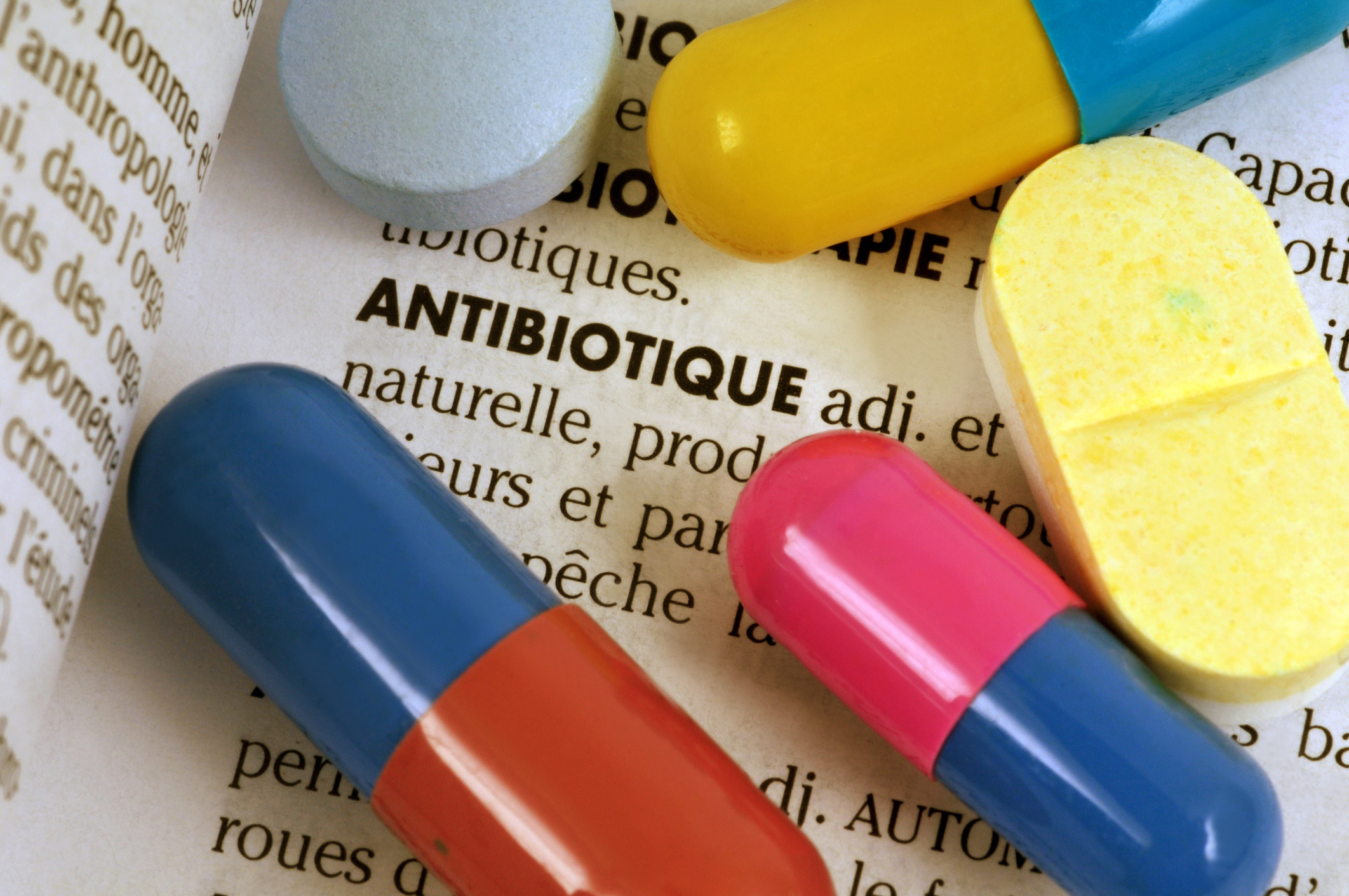WOAH Strategy on Antimicrobial Resistance and the Prudent Use of Antimicrobials (2016) compiles actions to combat antimicrobial resistance (AMR).
Further to requests from Members in the region, we are pleased to launch this “Library of good practices addressing AMR in Asia and the Pacific Region”. These activities may inspire other Members and can be adapted as they combat AMR. They will also spotlight good practices in Asia and the Pacific Region at the global level.
This library aims to collect innovative ideas and good practices conducted within the region to address AMR and AMU following the four objectives in our Strategy.
It is vital to raise awareness of the health risks of AMR to many stakeholders, often necessitating development of different approaches. Different communication materials and methods are necessary when discussing AMR with different stakeholders, including veterinarians, farmers and citizens.
Development and implementation of surveillance and monitoring systems are important to detect organisms with AMR characteristics, and to improve control and monitoring of antimicrobial distribution and use. Trends can be monitored over time and actions evaluated to ensure responsible and prudent use of antimicrobial agents. Based on resistance patterns identified, countries can identify key areas to reduce overall consumption of antimicrobials and reduce the incidence of AMR. Opportunities should be taken to work with public-private partnerships and alongside FAO, WHO, and WOAH efforts in research and risk management.
While many Members have developed action plans for AMR, their subsequent successful and sustained implementation is vital. Tools to support this implementation of governance and supporting capacity should be promoted.
Harmonisation between sectors, countries and regions ensures generation of comparable data. Multilateral support among policy makers, cooperation partners and donors contributes to the international effort in the fight against AMR. Members can reduce the use of antimicrobials through adoption of good biosecurity, vaccination and husbandry practices.
Please contact us at [email protected] if you would like to contribute to the library.
